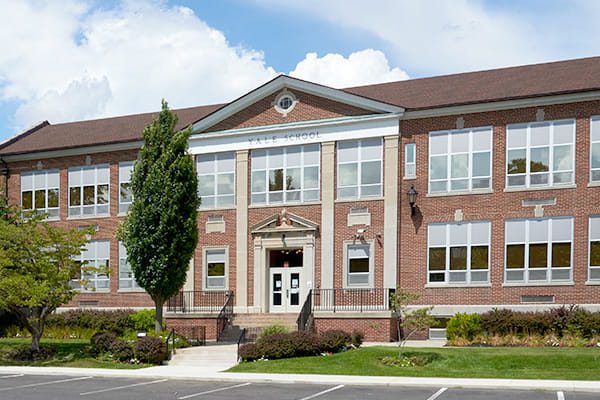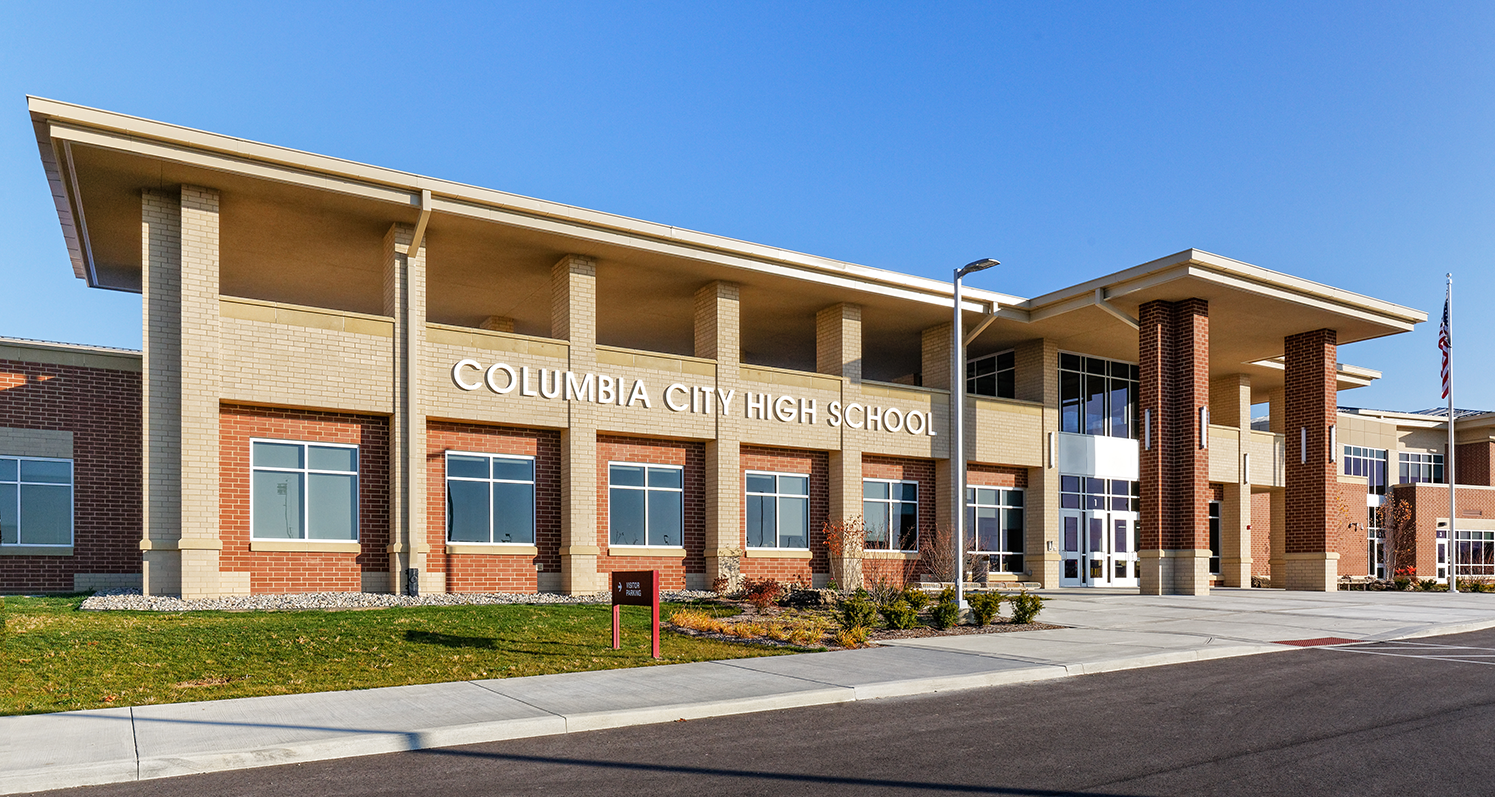The Importance of Neighborhood Assistance to Save Temecula Schools Today
Wiki Article
Recognizing the Importance of Institutions in Child Development and Area Growth
Institutions' interaction with regional neighborhoods via service-learning campaigns reinforces the bond between households and academic organizations. This symbiotic partnership highlights the value of institutions in supporting active citizenship and lifelong understanding behaviors.Academic Achievement
Academic achievement functions as a keystone of kid advancement, providing the foundation whereupon future knowing and success are built. Colleges play a critical role in cultivating this academic development, using organized settings where children can get crucial knowledge and cognitive abilities. Standard educational program ensure that students gain proficiency in core subjects such as maths, scientific research, and language arts, which are vital for both higher education and learning and specialist chances.In enhancement to presenting fundamental scholastic abilities, schools additionally cultivate vital reasoning, analytical abilities, and intellectual inquisitiveness. These cognitive expertises are important for browsing complicated real-world circumstances and adjusting to the ever-evolving demands of the contemporary workplace. Teachers, as facilitators of learning, employ diverse instructional methods to cater to different discovering styles, therefore making best use of private student possibility.
Furthermore, scholastic success is very closely linked to self-confidence and inspiration. Youngsters who experience academic accomplishments are more probable to develop a favorable self-concept and a long-lasting enthusiasm for knowing. Institutions additionally offer different sources, such as libraries and innovation, which better improve the instructional experience and prepare pupils for a technologically advanced society.
Social Skill Advancement
Beyond academic success, the duty of colleges in social skill growth is essential. Schools act as a main venue for kids to discover and exercise necessary social skills such as interaction, participation, and problem resolution. In the organized environment of a classroom, pupils interact with peers, instructors, and other school team, using numerous possibilities to establish these vital abilities.Effective social skill development in colleges is helped with through team activities, collective projects, and extracurricular programs. These communications assist pupils understand social standards, develop compassion, and cultivate a feeling of neighborhood. As an example, team assignments educate trainees just how to collaborate towards an usual objective, listen to various viewpoints, and navigate disagreements constructively.

The farming of social skills during academic year lays a foundation for future personal and expert partnerships. Save Temecula Schools. As trainees grow, the ability to efficiently interact and collaborate comes to be significantly important, emphasizing the college's crucial function in holistic kid advancement
Direct Exposure to Variety
Exposure to diversity in institutions is essential to promoting a comprehensive frame of mind and expanding trainees' perspectives. Schools act as a microcosm of the more comprehensive culture, and running into diverse cultures, languages, and socioeconomic backgrounds within this environment outfits trainees with necessary abilities for browsing a progressively globalized world. This exposure encourages empathy, reduces bias, and advertises common regard among peers.Diverse classrooms additionally boost social and cognitive advancement. Research study suggests that students who connect with peers from varied histories exhibit far better analytical abilities and creativity. They learn to appreciate various perspectives, which enhances classroom conversations and promotes a much more dynamic understanding experience. This understanding of variety prepares trainees for future workplaces that worth multicultural competence.

Neighborhood Interaction
The advantages of varied classrooms prolong past the college wall surfaces, cultivating a solid feeling of neighborhood involvement amongst pupils. By connecting with peers from numerous cultural, socioeconomic, and ethnic backgrounds, trainees acquire a wider point of view and an appreciation for diversity. This exposure motivates them to end up being active residents that are eager to add favorably to their neighborhoods.Institutions that highlight area involvement usually include service-learning jobs, which allow students to resolve real-world troubles while applying scholastic skills. These tasks not just enhance trainees' understanding of their coursework yet likewise impart a sense of responsibility and empathy. Collaborations between institutions and regional organizations supply students with opportunities to participate in neighborhood occasions, even more strengthening their function as aggressive community participants - Save Temecula Schools.
Furthermore, adult and neighborhood participation in colleges reinforces the bond in between instructional institutions and the communities they offer. With these efforts, institutions play a crucial role in nurturing community interaction and cultivating social development.
Lifelong Discovering Routines
Developing long-lasting discovering routines is YOURURL.com important for a youngster's constant growth and adaptability in an ever-changing globe. Schools play a crucial duty in instilling these practices by producing an atmosphere that fosters inquisitiveness, read the article vital reasoning, and a love for understanding. Through varied curricula and extracurricular activities, instructors motivate students to discover different subjects, examine info seriously, and use their learning to real-world scenarios.
In addition, institutions offer a structured setting where kids can develop self-control and time management skills, both of which are crucial for continual knowing. By stressing the significance of establishing objectives, reflecting on development, and adapting methods, universities prepare trainees to browse the complexities of adult life, guaranteeing they remain long-lasting learners and factors to culture.
Final Thought
In final thought, institutions are important in promoting youngster advancement and community development by giving environments for academic achievement, social skill advancement, and direct exposure to diversity. Through collective tasks and communications, schools boost important reasoning, compassion, and communication skills. Area involvement initiatives further enhance the bond between universities and neighborhood areas. Inevitably, colleges cultivate long-lasting knowing behaviors, furnishing people with the needed understanding and abilities to contribute positively to culture.In the structured atmosphere of a classroom, pupils communicate with peers, educators, and other school team, providing countless opportunities to establish these critical capacities.
In essence, exposure to variety within colleges not only improves individual trainees yet additionally strengthens the social material of the neighborhood as a whole.
The advantages of varied classrooms extend beyond the institution wall surfaces, cultivating a strong sense of community interaction amongst pupils.Colleges that emphasize community interaction commonly include service-learning projects, which allow students to deal with real-world issues while applying academic abilities. Collaborations in between colleges and neighborhood organizations provide trainees with chances to participate in community occasions, better strengthening their function as positive area see this participants.
Report this wiki page